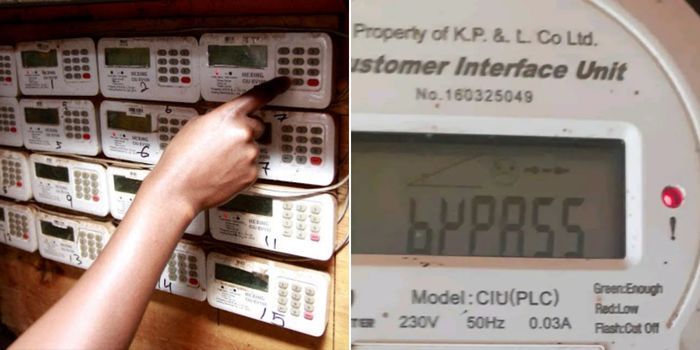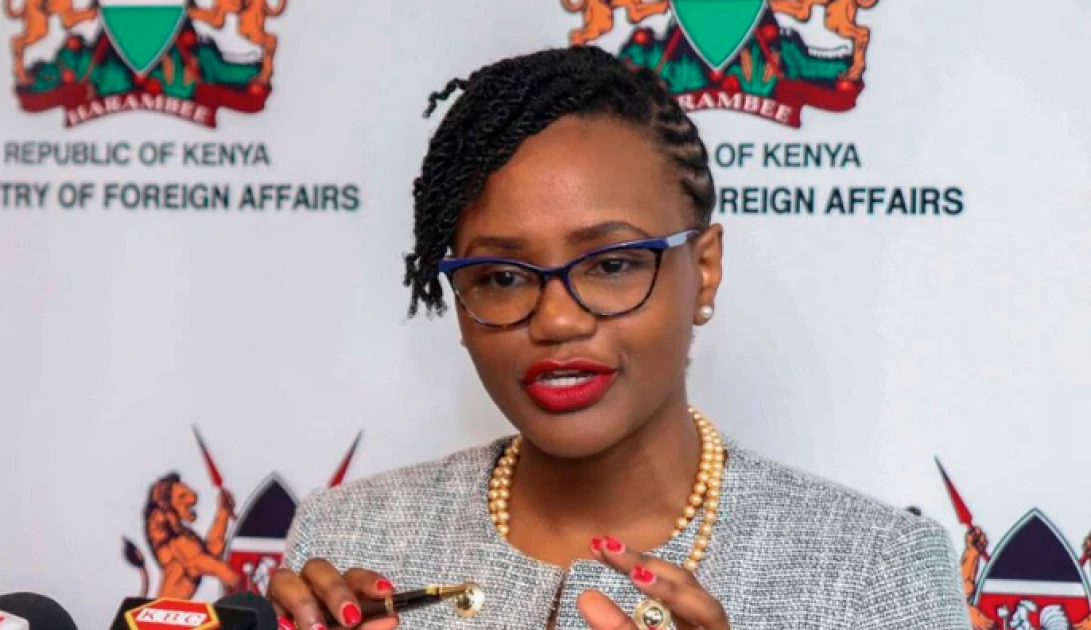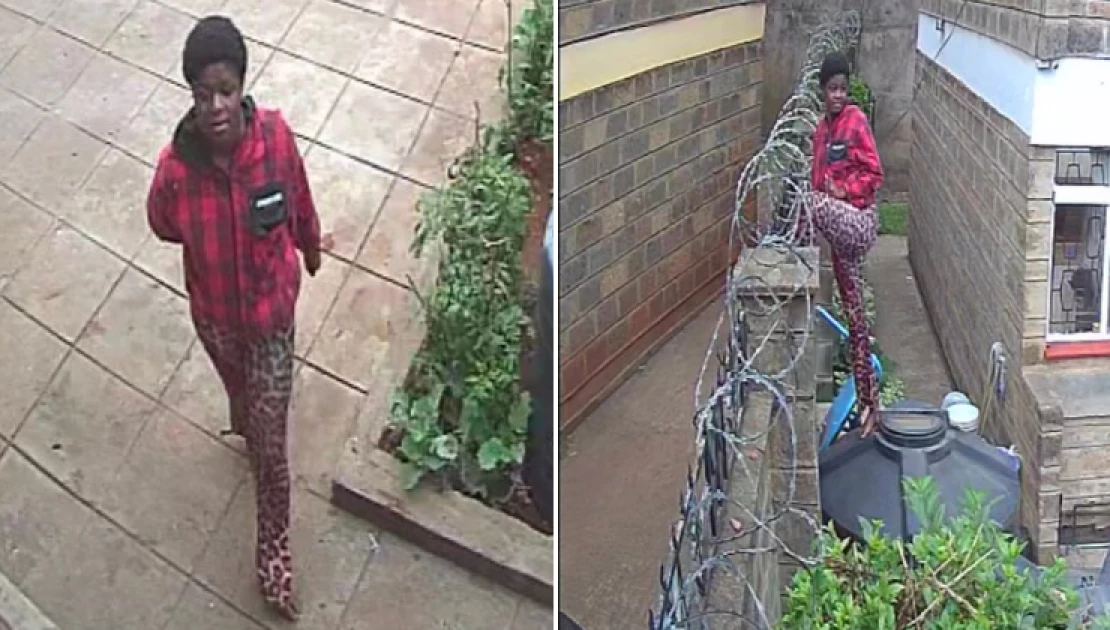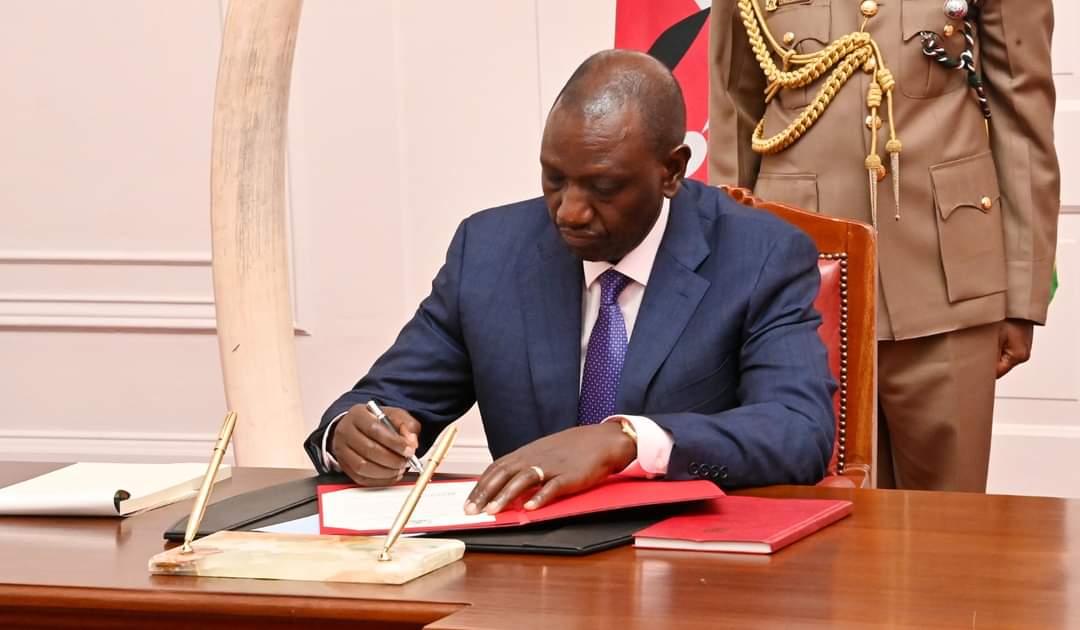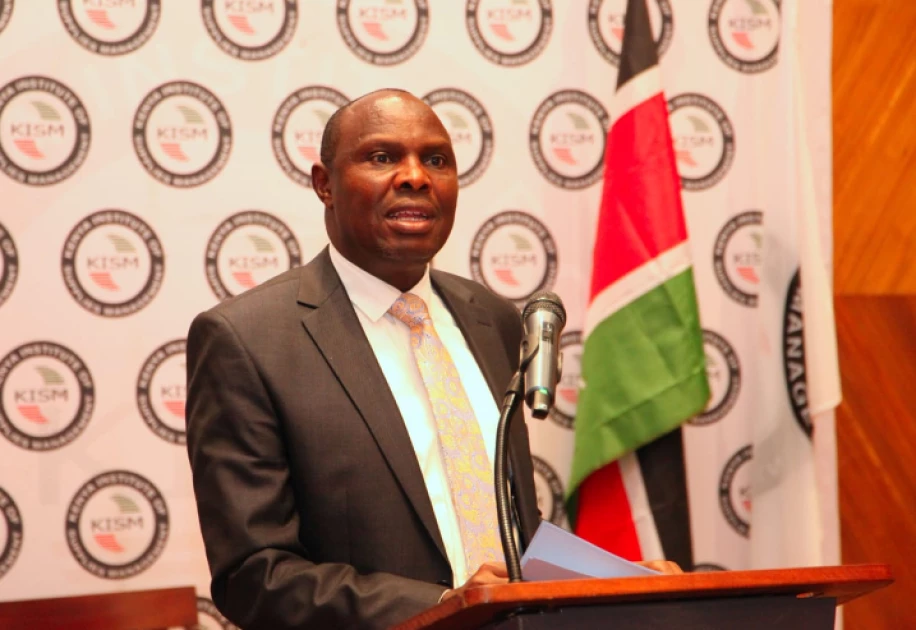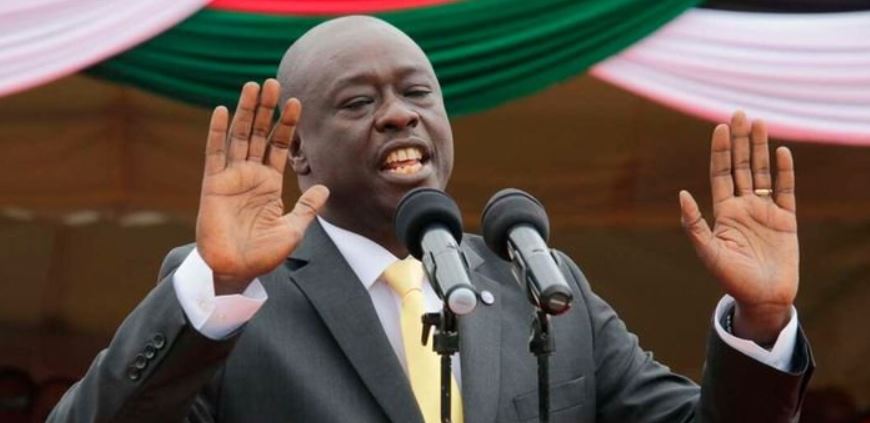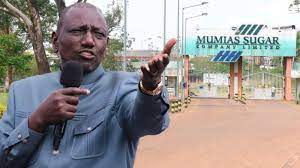

In the statement, it was indicated that Kenya would not make a Ksh150 billion repayment as earlier promised by President William Ruto.
The Treasury stated that it had only made a payment of Ksh10.8 billion which was interest for the 2014 acquired Eurobond.
Additionally, the Treasury stated that the final coupon payment of the Eurobond will be made alongside the USD2 billion bullet maturity in the last week of June 2024.
“Recently, Kenya successfully executed a payment of USD68.7 million (the equivalent of Ksh 10.8 billion) in interest, a necessary instalment on the USD2 billion Eurobond,” the statement read.
The statement signed by the Treasury Cabinet Secretary Njuguna Ndung’u further stated that the timely settlement of interests on Kenya’s Eurobond sent a positive signal to investors.
This statement comes days after neighboring Ethiopia defaulted on paying the interest fee on its USD1 billion Eurobond.
CS Ndung’u stated that there was a significant increase in the revenue collection for the last six months ending December after a slow start at the beginning of the fiscal year.


This significant increase, according to the Treasury, is attributed to the government’s tax policy and administrative reforms and would help the country achieve its international obligations in terms of loan repayment.
In this year’s State of the Nation Address, President William Ruto outlined a plan to repay half of the Ksh315 billion Eurobond by December 2023 six months before its maturity.
However, the Director General for Public Debt on Wednesday stated that the timing and execution of a buyback would be purely guided by advice from the lead arrangers, Citi and Standard Bank.
Earlier on, several investors raised concerns that suggested that the government did not have enough money to settle the payments due to competing priorities.
In August of this year, Moody’s Investors Services stated that it would treat a planned buyback of some of Kenya’s debt as a default.
“We deem a distressed exchange occurs when there are economic losses to creditors and when the transaction has the effect of allowing the issuer to avoid a likely eventual default,” Moody’s Vice President and Senior Credit Officer David Rogovic stated in response to an inquiry by Bloomberg.
“We need to see the details and the terms of the buyback before we can assess whether it constitutes a distressed exchange, and therefore a default.”
















































